Kijongo Bay Bird Life - Page 2
Being close to the Msangazi River and a vast mangrove forest, Kijongo Bay Resort has a wide variety of birds that regularly visit our gardens.
Kingfishers of Kijongo Bay and Surrounds
With Kijongo Bay Beach Resort being next to two bodies of water, namely the Indian Ocean and the Msangazi River and mangrove forest, we are in a very favourable position for seeing kingfishers. Not to forget Saadani National Park, which is close by and also being a great area to spot kingfishers.
As a species, kingfishers are very extensive, however with around ½ of all kingfishers not fishing or even eating fish, perhaps the name kingfisher is a misnomer.
Half of the kingfishers are insectivores and live almost entirely on insects and are not dependent on water. This half is found in bush, woodlands and forest areas and are commonly called tree kingfishers.
Raptors over Kijongo Bay Beach Resort.
As you relax, at Kijongo Bay Beach Resort, whether lazing by the pool, on the beach or on your balcony look up to the skies and see if you can spot some of the raptors that we often see soaring overhead.
Birdlife on Msangazi River
Common birds sighted on a Kijongo kayak trip or river cruise on the Msangazi River.
Common Garden Bird Species
With most of the plants, shrubs and trees at Kijongo Bay Beach Resort being indigenous, the bird life thrives in our gardens.
Sunbirds at Kijongo Bay
One of the outstanding features of Kijongo Bay Beach Resort is the profusion of sunbirds, drawn to the resort by the abundance of flowering trees and bushes in the gardens, surrounding the villas. The sunbirds can be heard chattering away from dawn to dusk, making a mixture of calls, varying from the dry raspy chirp of the Olive sunbird to a the seeu, seeu, seeu of the Collared sunbird.
However, it can sometimes be difficult to discern the different calls, between the sunbirds, due to the cacophony of their calls.

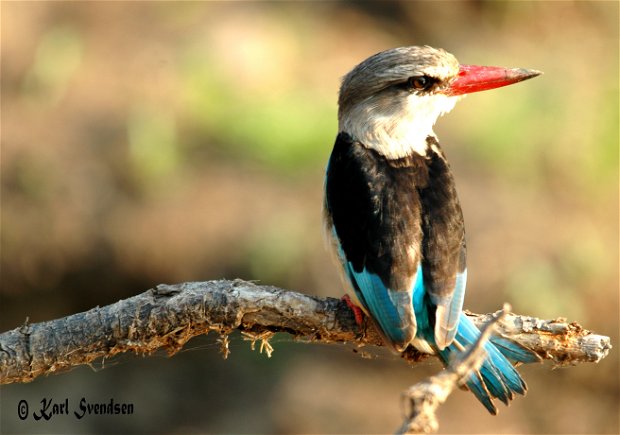
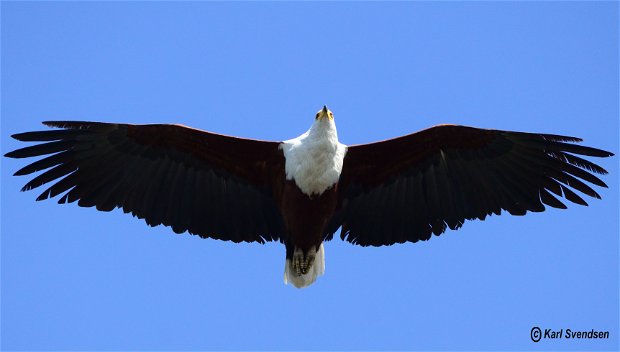
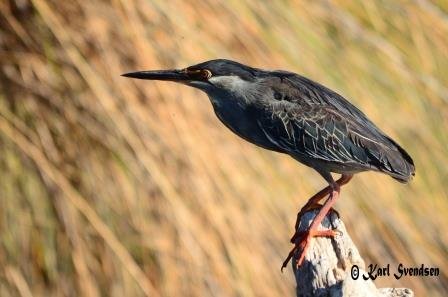
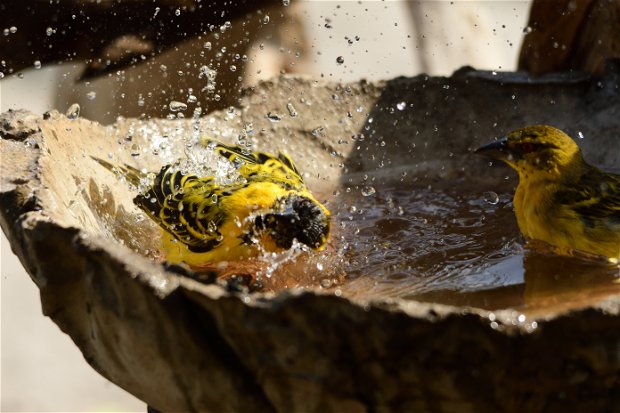
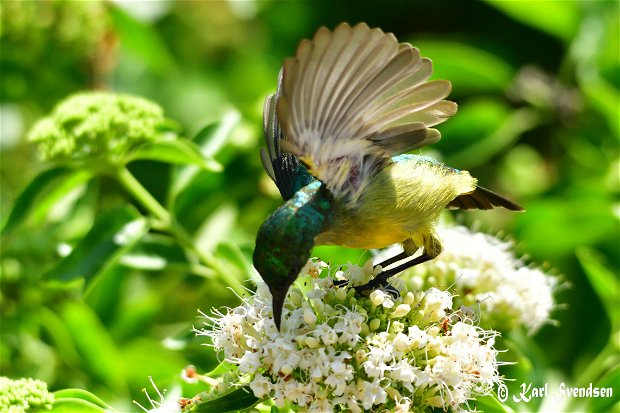






Share This Page